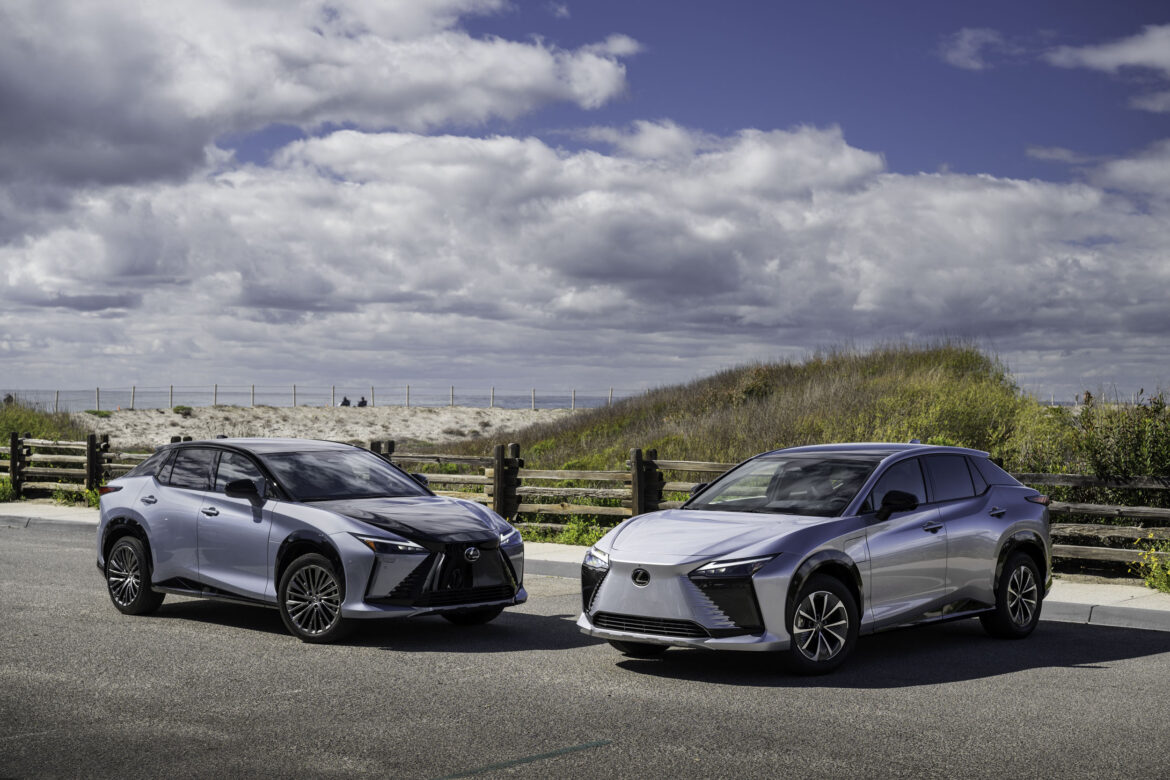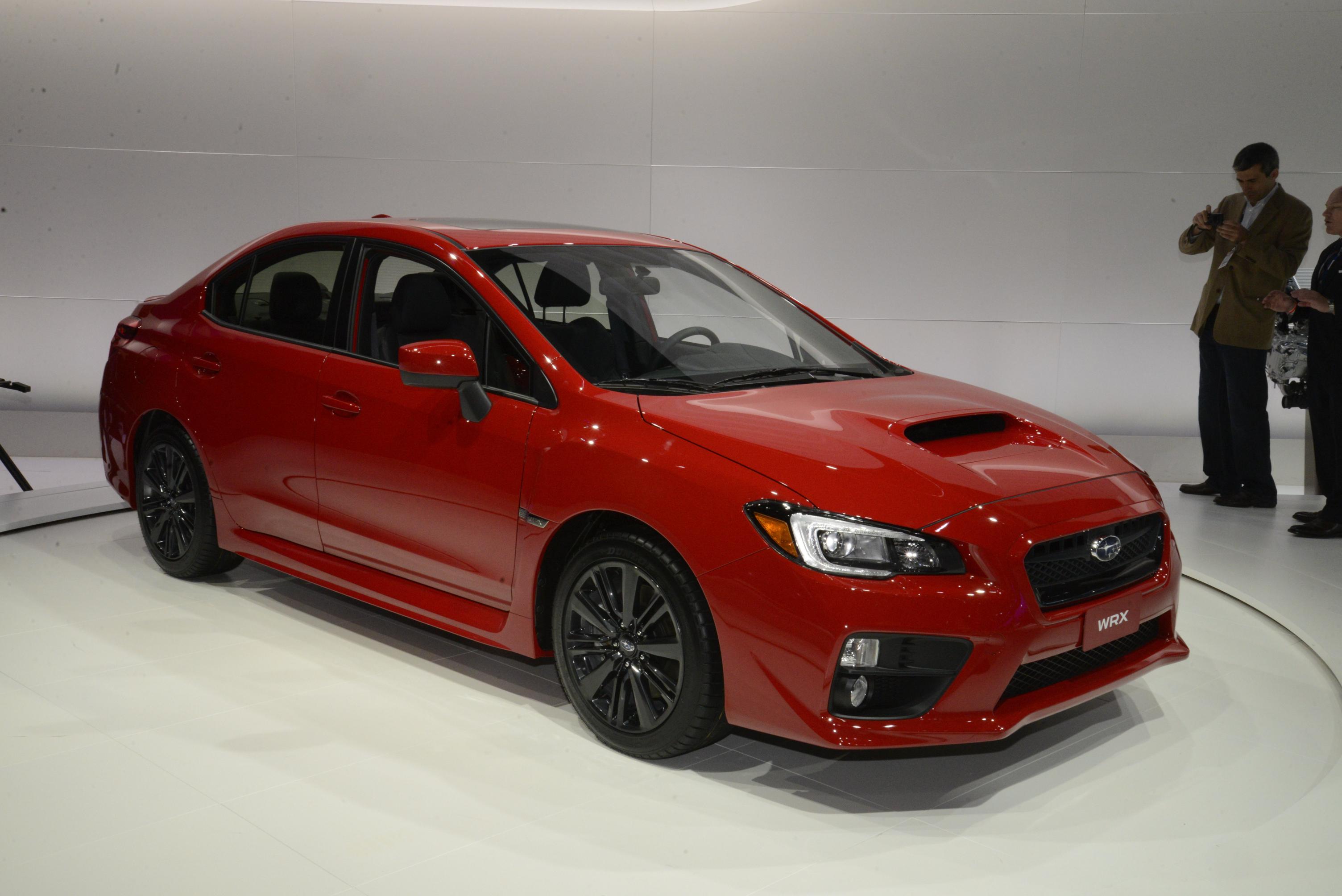Buying a vehicle for the first time can be an exhilarating yet daunting experience. With a myriad of options available in the market and several factors to consider, the process can become overwhelming. However, with the right guidance and information, you can navigate this journey smoothly. Here’s a comprehensive vehicle buying guide for first-time buyers.
UNDERSTANDING YOUR NEEDS AND BUDGET
The first step in buying a vehicle is to understand your needs and set a realistic budget. Determine what you need the car for – daily commuting, long-distance travel, family use, or maybe off-road adventures. Your lifestyle will significantly influence the type of vehicle that best suits you. Do you need a compact car for city driving, a spacious SUV for family outings, or a sturdy truck for work? Setting a budget is equally important. Consider not only the purchase price but also other costs such as insurance, maintenance, fuel, and potential loan interest. A common mistake first-time buyers make is stretching their budget too thin. A good rule of thumb is that your car payment should not exceed 15-20% of your monthly take-home pay.
RESEARCH AND COMPARE VEHICLES
Once you have a clear idea of what you need and what you can afford, it’s time to research. Start by listing vehicles that meet your criteria. Utilize online resources, consumer reports, and car review websites to gather information. Pay attention to factors such as fuel efficiency, reliability, safety ratings, resale value, and warranty. Comparing different models is crucial. Look beyond the aesthetics and brand loyalty – consider the long-term implications of owning a particular vehicle. Check for common issues reported by owners, the cost of spare parts, and the availability of service centers.
TEST DRIVE AND INSPECTION
A test drive is imperative in the car buying process. It’s the best way to gauge the feel, handling, and comfort of the vehicle. Pay attention to how the car accelerates, brakes, handles corners, and its overall ease of driving. Check the ergonomics of the vehicle – is it easy to get in and out of the car? Are the seats comfortable? How is the visibility? If you are considering a used car, a thorough inspection by a qualified mechanic is vital. They can identify potential problems that could incur hefty repair costs in the future. Look for signs of wear and tear, check the engine, brakes, tires, and suspension. Ensure all electronics work properly.
FINANCING AND NEGOTIATION
Understanding your financing options is essential. If you’re planning to take out a loan, shop around for the best interest rates. Banks, credit unions, and the dealership itself can offer financing options. Compare these to find the best deal based on the loan’s total cost, not just the monthly payment. Negotiation is a part of the car buying process. Do your homework and know the fair price for the car model you’re interested in. Don’t hesitate to negotiate the price based on your research. Dealerships often have a margin of flexibility in pricing, especially towards the end of the month or financial quarter when they are trying to meet sales targets.
UNDERSTANDING INSURANCE AND WARRANTY
Insurance is a critical aspect of owning a vehicle. Get quotes from different insurance companies and understand what is covered under each policy. Look for the best rate but also consider the reputation and service quality of the insurer. The warranty is another crucial factor, especially for new cars. Understand what the warranty covers and for how long. Some manufacturers offer longer warranties than others, which can be a significant advantage.
POST-PURCHASE CONSIDERATIONS
After purchasing your vehicle, there are a few post-purchase considerations. Register the vehicle and transfer the title to your name if it’s a used car. Familiarize yourself with the maintenance schedule to keep your car in top condition. It’s also wise to have a reliable towing service contact handy. In case of breakdowns or accidents, knowing that you have a dependable service to call can provide peace of mind.
CONCLUSION
Purchasing your first vehicle is a significant milestone. By thoroughly understanding your needs, doing diligent research, taking comprehensive test drives, smartly negotiating, understanding financing, insurance, and warranty, and preparing for post-purchase requirements, you can make an informed decision. Remember, a vehicle is not just a mode of transport; it’s an investment. Taking the time to choose the right one will pay off in the long run, ensuring satisfaction and reliability.


